What’s Connecting Us Today:
In our feature story we honor and remember some of the bright lights that passed during 2024. We look ahead to 2025 with a challenge.
Quincy Jones (3/14/33 - 11/3/24) The song that epitomizes what he meant to the world is "We Are the World.” This global anthem, produced by Jones in 1985, united some of the biggest names in music to raise funds for famine relief in Africa. It embodies his ability to bring people together through music, transcending genres and cultures. The track’s success as the eighth-best-selling single of all time highlights his unparalleled influence as a producer and humanitarian, showcasing his commitment to using music as a force for social good.
Off Script - A Memoriam to Tulane Legend Nickie "Long Ball" Hall who broke barriers on and off the field.
Aretha Franklin's 1971 interpretation of "Bridge Over Troubled Water" transformed Simon & Garfunkel's folk anthem into a transcendent gospel masterpiece.
Rather than simply covering the song, Franklin completely reimagined it through the lens of her spiritual roots, infusing it with her powerful voice and deep connection to the Black gospel tradition.
Through this transformation, she elevated the song's message of comfort and solidarity from a personal meditation into a universal spiritual experience that continues to resonate with listeners.
Remembering Those Who Lit the Way: A 2024 Reflection
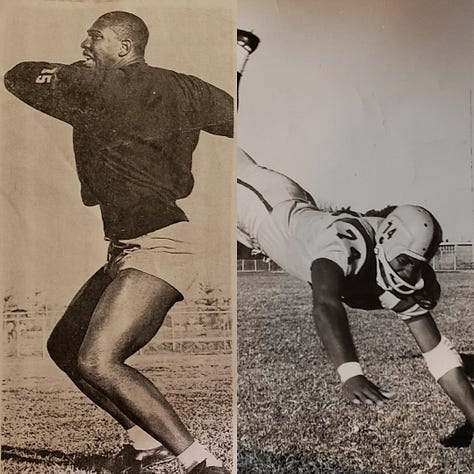
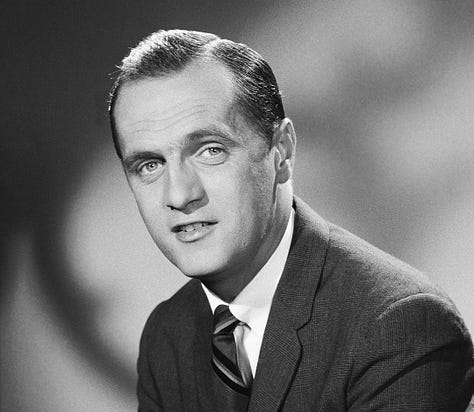

As another year draws to a close, we pause to honor those whose light has guided us, even as they've transitioned to join our ancestors. Among them were Sybil Haydel Morial, a towering figure in the civil rights movement and New Orleans' educational landscape, who passed away this year at 91; Bob Newhart, whose gentle wit and revolutionary comedy style shaped multiple generations of entertainers; and Charlie B Granger, a Louisiana legend whose journey from Lake Charles to the NFL embodied resilience, activism, and community service.
Sybil's journey began as one of the first Black students to attend Boston University's graduate school. She went on to become a transformative force in New Orleans, fighting against segregation alongside her husband Ernest "Dutch" Morial, the city's first African American mayor. But it was perhaps her work as an educator and mentor that left the deepest mark. She understood that education was not just about books and tests, but about building bridges between communities and fostering understanding across generations.
Bob Newhart's legacy reminds us that change can come through gentle persuasion as well as bold action. His understated style and thoughtful humor showed us how to tackle serious subjects with grace and wit, making difficult conversations more approachable. Through his groundbreaking comedy albums and television shows, he demonstrated the power of listening – his famous telephone monologues weren't just comedy routines, they were masterclasses in the art of connection and understanding.
Charlie B Granger's story is deeply woven into the fabric of Louisiana's history. Rising from Lake Charles in the aftermath of Hurricane Audrey's devastation, he found his path to greatness at Southern University, where he became not just a Football Hall of Famer, but a symbol of HBCU excellence. His journey to the Dallas Cowboys broke barriers, but it was his role as a member of the Deacons for Defense and Justice that truly defined his legacy. Through his work as a human rights activist, advocate, and elected official, Charlie embodied the principle that athletic achievement can be a platform for meaningful social change. His firsthand accounts of Louisiana history served as crucial testimony to both the struggles and triumphs of the civil rights era.
The intersecting legacies of these three remarkable individuals – Sybil's educational leadership, Bob's cultural impact, and Charlie's athletic and activist achievements – remind us that positive change comes through many channels. Each of them, in their own way, worked to build a more inclusive and just society.
Their different paths – through education and civil rights activism, entertainment and cultural commentary, and sports and community advocacy – demonstrate the many ways we can build bridges and strengthen our communities. Whether through direct action, the healing power of shared laughter, or the inspiring example of athletic excellence paired with social conscience, they showed us that authentic connection is the foundation of lasting change.
This year, as we've witnessed both progress and persistent challenges in our communities, Sybil's words echo with renewed relevance: "Change comes through persistence and coalition building." She knew that true progress requires both the wisdom of our elders and the energy of our youth, working in harmony to weave stronger community bonds.
The past year has shown us, time and again, the power of coming together. From community gatherings to digital spaces like this one, we've created new ways to strengthen our bonds while honoring traditional ways of connecting. Each story shared, each tradition preserved, each new connection made adds another thread to the tapestry of our collective experience.
Looking ahead to 2025
We carry forward the teachings of those who've gone before us. Their stories remind us that our tribal connections are not just about preserving the past, they're about building a future where every voice is heard, every story is valued, and every member of our community has the opportunity to thrive.
Let us enter 2025 with hope and determination, knowing that our tribal connections grow stronger with each passing year. The path forward may not always be clear, but as Sybil Morial, Bob Newhart, Charlie Granger, Quincy Jones, James Eugene, Jr., Vera Becnel Washington, Quentin Simms, Richard Simmons, Bill Walton, Willie Mays, Jerry West, and so many others showed us, with persistence, unity, and unwavering commitment to our communities, we can overcome any obstacle.
This coming year, let's commit to:
Strengthening intergenerational bonds within our communities
Preserving and sharing the stories of our elders
Creating new opportunities for cultural exchange and understanding
Supporting educational initiatives that honor both traditional and contemporary knowledge
Building coalitions that amplify our collective voice
Though some of our brightest lights may no longer walk among us physically, their wisdom continues to illuminate our path forward. As we close this chapter of 2024, let us carry their torch with pride and purpose, knowing that our connections to each other are our greatest strength.
Here's to honoring those we've lost, celebrating those who remain, and welcoming those yet to come.
Together, we'll make 2025 a year of growth, healing, and deeper connection.
Every year we experience the profound loss of family members, friends, and those we admire. As we grow older, these losses become more frequent - some expected as part of life's natural progression, yet no less painful, while others strike us with shocking suddenness. The death of Nickie Hall was one of those moments that left many stunned and in deep reflection.
Breaking Barriers and Saving Lives: The Legacy of Carl "Nickie" Hall
The sports world and broader community lost a remarkable soul with the passing of Nickie Hall, a man whose impact transcended the boundaries of football. As Tulane University's first Black quarterback, Nickie didn't just break barriers – he shattered them with grace and skill that earned him a place in the university's Hall of Fame alongside his older brother Charlie. Yet their family legacy wasn't built on athletic achievements alone; both brothers are known for their exceptional character and genuine goodness.
While his athletic accomplishments were impressive, from Tulane to the Green Bay Packers and the Canadian Football League, it was Nickie's profound commitment to others that truly defined him. He channeled his natural leadership abilities into mentoring countless young people through Big Brothers and Big Sisters, transforming lives well beyond the playing field.
But perhaps the most telling story of Nickie's character came long before his college career began. As a teenager, he made the kind of sacrifice few of us ever face - saving his older brother Charlie's life. This act of courage and love foreshadowed the selfless service that would define him.
Throughout his life, Nickie truly embodied what it means to be a bridge over troubled water, extending himself time and again to help others cross life's most challenging passages. His remarkable ability to lift others up was sustained by the deep well of love and support from his own family, especially his wife Sybil of 40 years and their children Thurston, Ndia, and Paije. This circle of strength and compassion enabled Nickie to touch countless lives across Louisiana's communities.
For Nickie, his family, and all those who reach out when someone is in need, a timeless anthem of support and solidarity - Bridge Over Troubled Water. Rest in Peace, Nickie Hall.
The Queen at Fillmore West in 1971

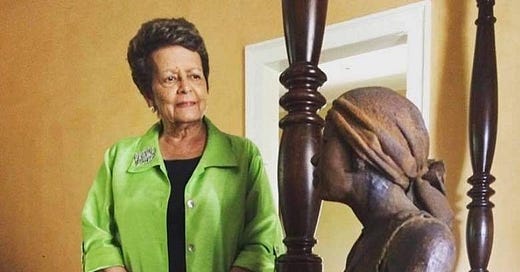


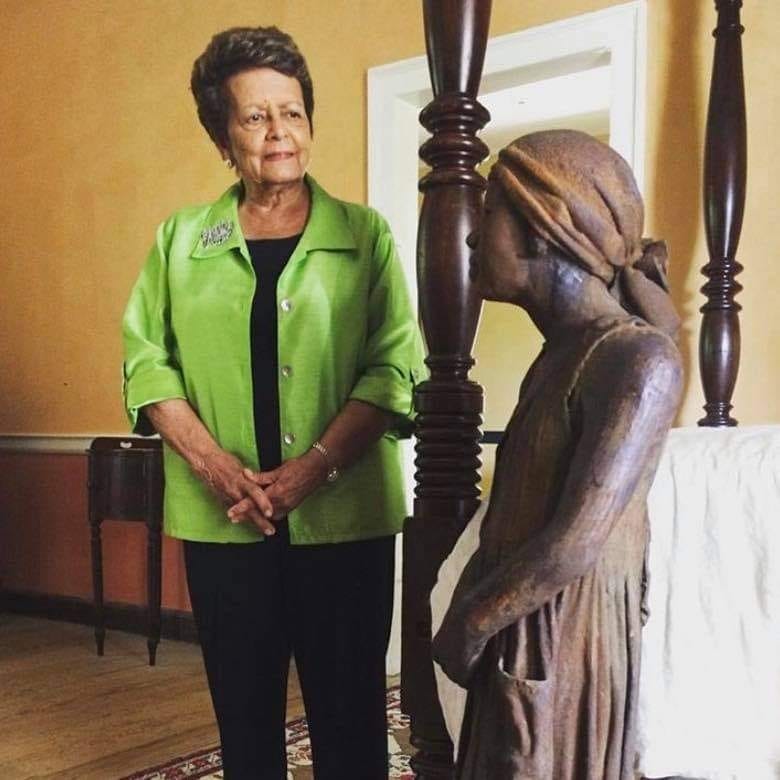
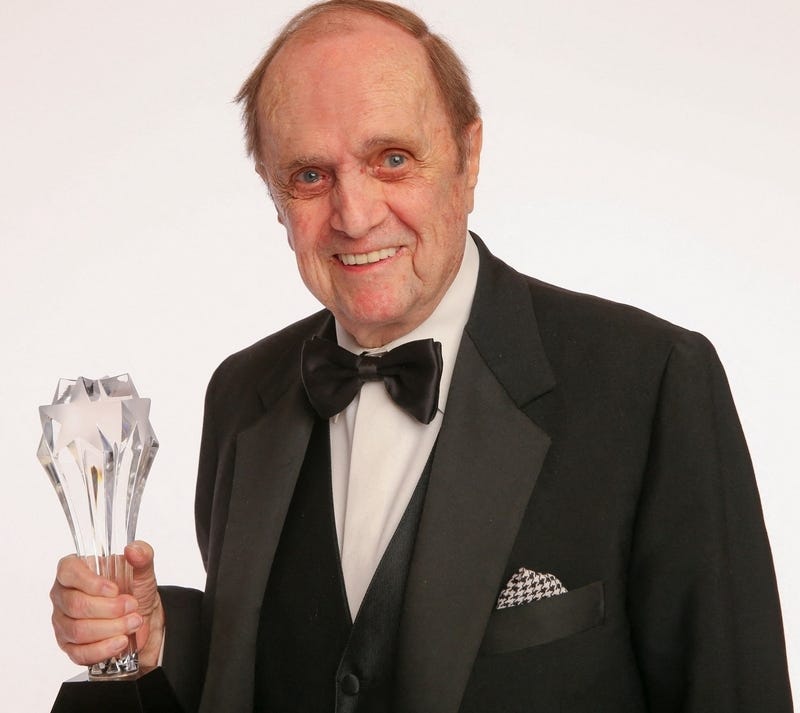

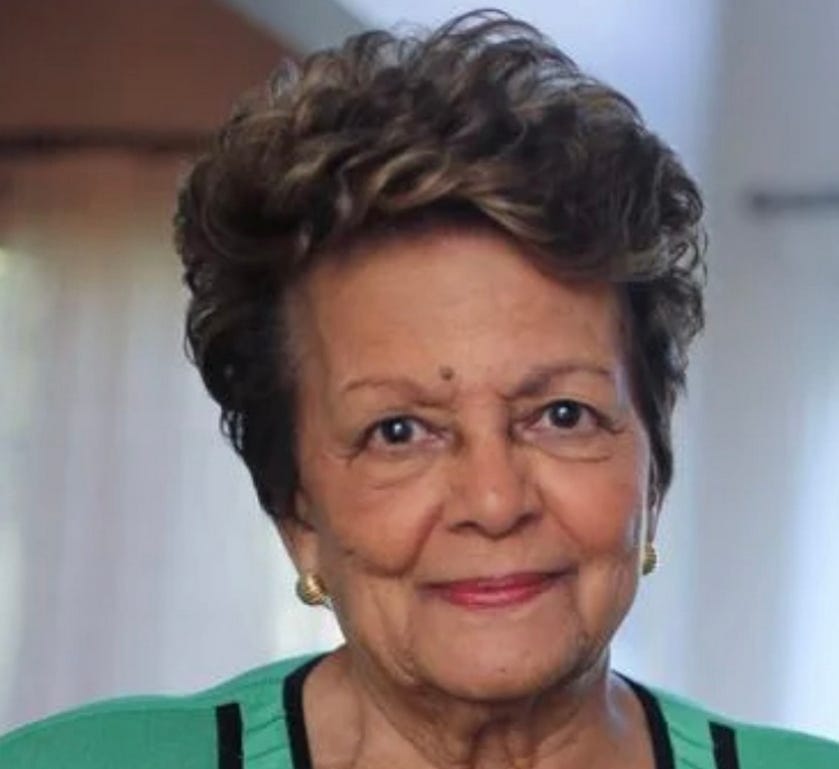

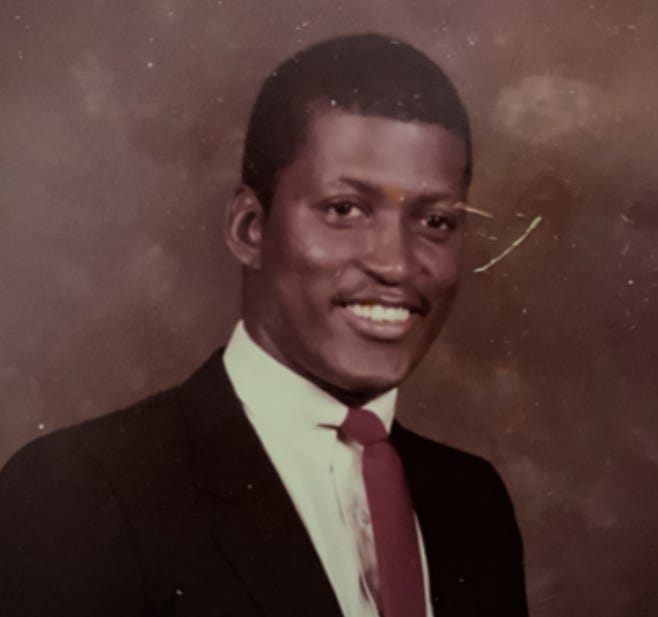
Thanks! All well said and inspiring!